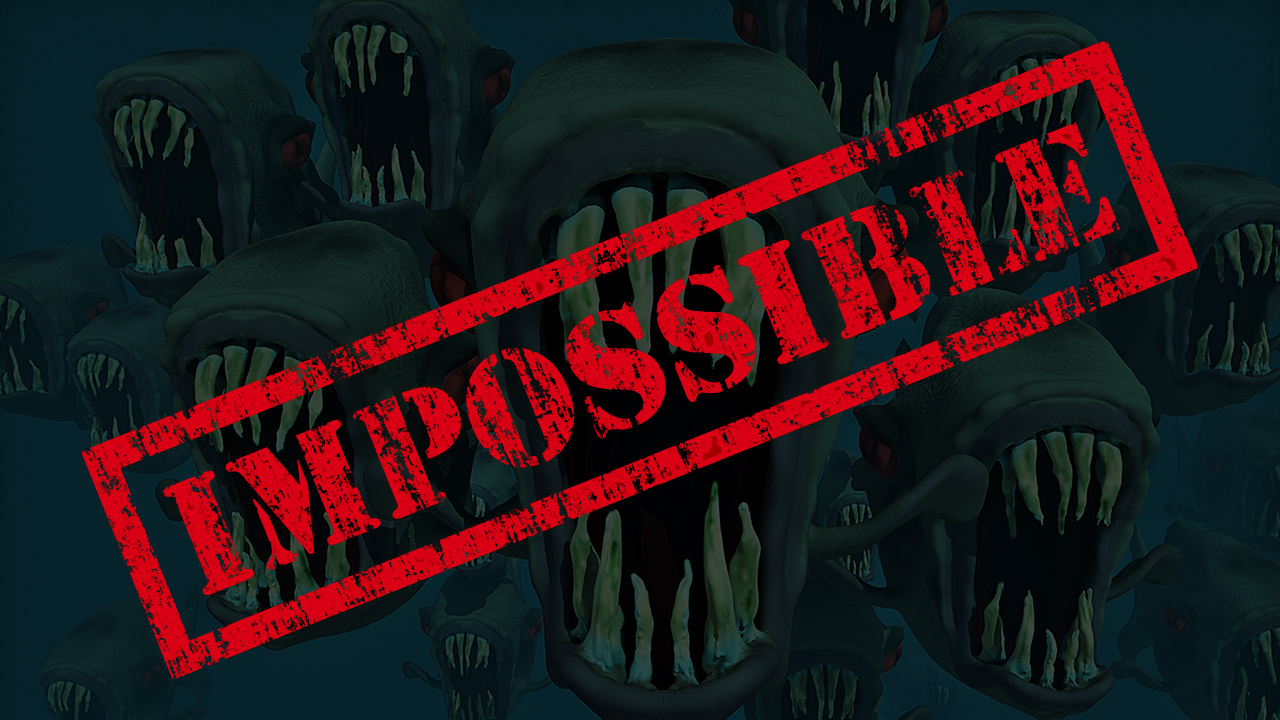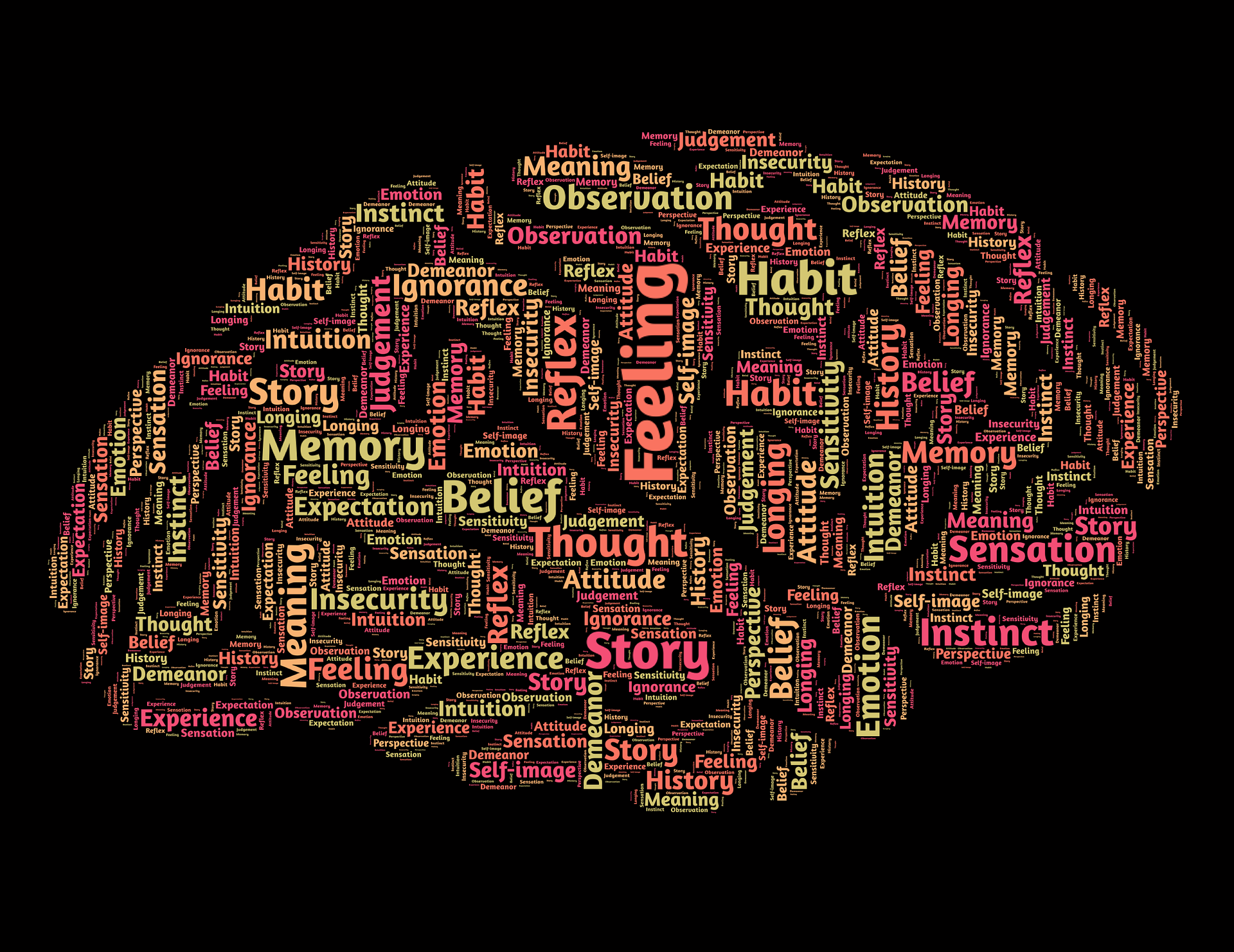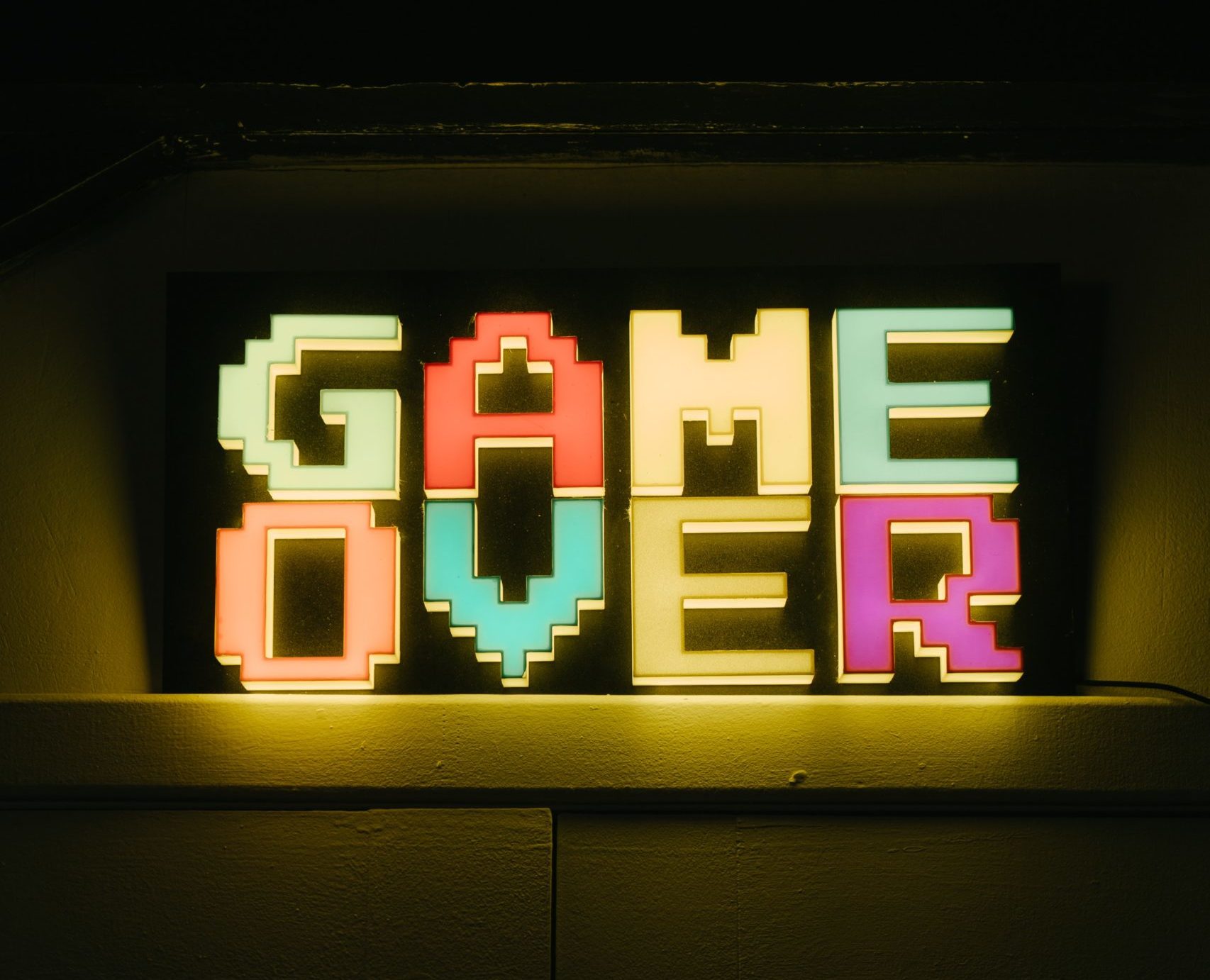
Change can sometimes feel like an impossible task. Changing things you dislike about yourself, your lifestyle, relationships, a job or career, your location – it’s never easy. But it’s typically for the better as any change requires a certain level of growth.
Unfortunately, our minds will have us think that some things are just set in stone. It’s the way they are. Unshakable. But to make changes in your life, it starts with just a few logical but fundamental things.
The most important place to begin is at your personal foundation, your self esteem. It’s the very core of everything in your life. I said it once and I’ll say it again – self esteem might not be everything, but without it, everything is nothing.
IF YOU’RE SUFFERING FROM LOW SELF ESTEEM, CONFIDENCE CANNOT EXIST.
This is simply because your confidence level is rooted in your level of self esteem. If your goal is to become more confident, your self esteem needs to be your focus. What happens when you don’t feel confident is your pathological inner critic starts warring against you. Tearing you down and bringing your confidence level lower and lower. This doesn’t happen when you are grounded in healthy self esteem.
This leads us to the second most important thing to focus on.
An integral part of building a healthy self esteem is to unmask and transform your pathological inner critic.
YOUR INNER DIALOGUE HAS AN ENORMOUS INFLUENCE ON YOUR DAILY LIFE.
How you act, how you react, how you navigate through life and the choices you make all depend on how much or how little you allow your pathological inner critic to dominate your mind.
Rewiring your inner dialogue to transform your inner critic from a destructive nuisance into a constructive advisor is crucial to making real changes in your life. As a result, the health levels of your self esteem and confidence will become undeniably evolved.
CHANGING YOUR INNER DIALOG CAN LITERALLY CHANGE YOUR FATE IN LIFE.
If change is calling and you know it’s time to take action, this is a beginner’s outline to do so. By no means is this as simple as it sounds. Nor can you attain this by simply reading this article.
Building confidence and finding, or creating, your life’s purpose can seem like a mountainous task which can be intimidating. But rest assured, you can do it.
With the right mindset and proper tools at hand, taking small steps each day that move you closer to your better self are absolutely achievable. This is how it’s done and it’s exactly what we teach and share with our community at Feel Different.
We specialize in self esteem building and life transformation from the inside.
Our methods are practical and accessible to anyone that is willing to do the work – no training or special knowledge is required to join.
Our programs have been tested by thousands of people and proven effective over the span of the past 15+ years.
I welcome you to explore our newest micro course, Your Fate is Not Sealed. It’s an easy to understand guide of practical techniques you can start doing in your everyday life to make the changes you’re seeking to accomplish. Scan through and feel free to reach me if you have any thoughts or questions.
I wish you the best on your journey to self betterment and I am happy to assist in any way I can.
Please be well,
Orlando Owen





